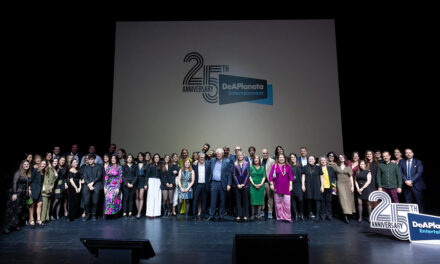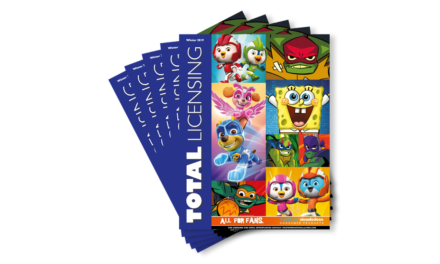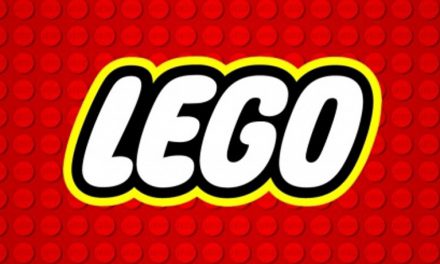
AI is Reshaping IP Valuation – So What Will It Look Like?
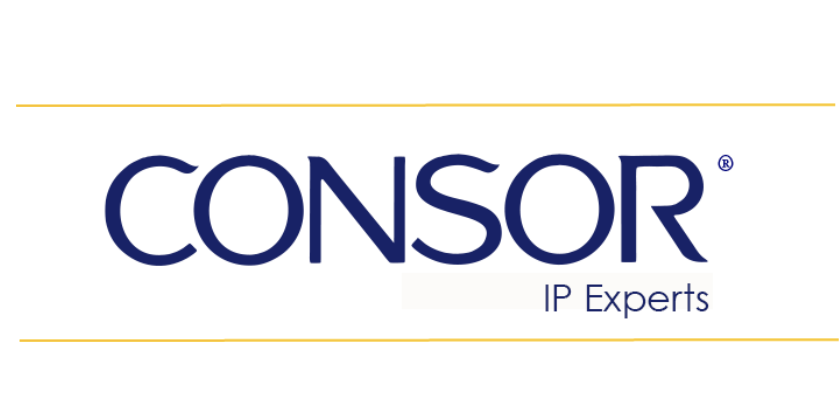
Evan Loker, Director, Consor
The recent spate of copyright-related lawsuits involving artificial intelligence (AI) has significant implications for the valuation of intellectual property (IP) across various sectors. As AI technologies advance and permeate more creative and commercial fields, they challenge the conventional metrics and frameworks used to assess IP value.
The primary impact of these lawsuits is the increased uncertainty surrounding the ownership and protectability of AI-generated content. Traditional IP valuation is grounded in clear ownership rights and the enforceability of these rights. If AI-generated works are not clearly attributable to a human author or deemed unprotectable under current laws, this could lead to a decrease in the perceived value of IP portfolios that include such works. Uncertainty about future legal rulings also complicates the risk assessments that are foundational to IP valuation.
Companies may need to reassess the value of their existing IP assets, particularly those that involve creative content such as images, text, and music. If courts determine that AI can produce similar works without infringing on pre-existing copyrights, or if AI-generated works are deemed not copyrightable, this could significantly dilute the value of existing copyrights. The ability to uniquely monetize creative works could be impaired, impacting revenue models based on licensing and copyright exclusivity.
Industries that rely heavily on IP, such as software, entertainment, and publishing, could see dramatic shifts in valuation as the legal landscape evolves. For instance, if AI tools can legally create and distribute content that closely mimics human-generated works without compensating the original creators, companies in these sectors might experience a decrease in the commercial value of their creative outputs. Conversely, technology firms that develop and license AI technologies could see an increase in the value of their IP if they successfully navigate the legal challenges and establish proprietary rights over their AI models and outputs.
Investor attitudes towards companies heavily reliant on copyright protections might shift, affecting investment flows into sectors like publishing, music, and visual arts. Increased legal risk may deter investment until clearer regulations are established. Conversely, companies that provide solutions for tracking, managing, and licensing AI-generated content could become more attractive investment targets, as their services could become critical in a new IP regime.
Despite these challenges, there could also be new opportunities for IP monetization through AI. For example, companies that develop effective strategies for integrating AI tools while respecting existing copyright laws could create new IP assets or enhance the value of existing ones. Licensing frameworks and partnerships that allow for the ethical use of copyrighted materials in training AI, while compensating original creators, could emerge as valuable new models in the IP landscape.
Ongoing AI copyright lawsuits, such as The New York Times v. OpenAI and Microsoft, are reshaping how IP is valued by injecting a high degree of legal uncertainty and prompting a reevaluation of risk and asset value in IP-intensive industries. The long-term effects will depend heavily on forthcoming legal decisions and potential legislative changes, which will either clarify or further complicate the valuation and management of intellectual property in the age of artificial intelligence.
CONSOR offers a range of highly specialized services to help clients understand the value of their intellectual property portfolio and how that value is impacted as a result of market conditions. We work closely with clients and the courts on time-sensitive projects to unlock the value contained within the intellectual property. Our work is done according to the strategy that best suits a client’s specific needs. Whether that be licensing, partial sale, reorganization, merger, joint venture, or liquidation, simply let us know your needs. Email us at info@consor.com or call us at (858) 454-9091.
